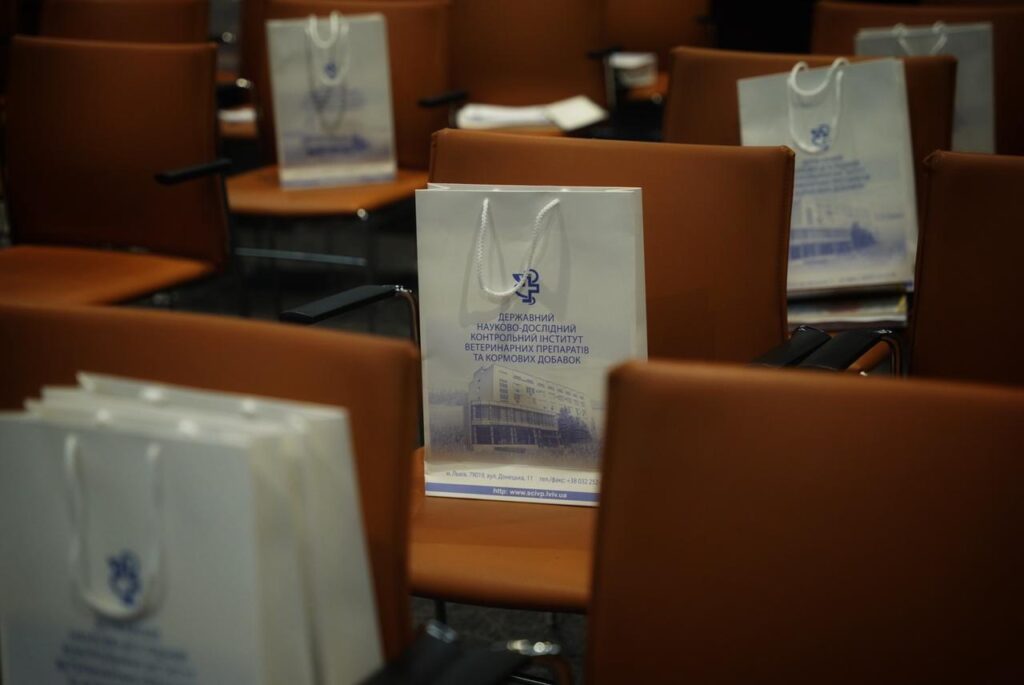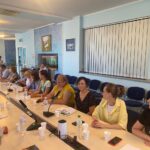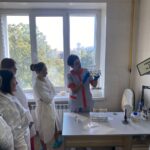
Antibiotic resistance is one of the most pressing problems in modern medicine, both in human and veterinary medicine. The misuse of antibiotics in animal husbandry leads to the emergence of resistant strains of bacteria that can be transmitted to humans through food and direct contact. This poses a serious threat to public health and calls into question the effectiveness of treatment of infectious diseases.
That is why the training seminar «Antibiotic resistance: Global Crisis, Problems and Solutions», organised by the State Service of Ukraine for Food Safety and Consumer Protection and the State Scientific-Research Control Institute of Veterinary Medicinal Products and Feed Additives, is extremely relevant. Today, in the practical part of the workshop, leading experts in bacteriology and microbiology from the laboratories of the State Service of Ukraine for Food Safety and Consumer Protection engaged in a detailed study of modern methods for determining the antimicrobial susceptibility of microorganisms.
The participants focused on the following important issues
– Disc diffusion method: Despite its simplicity, this classic method remains one of the most widely used in microbiological laboratories. D.O. Ordynska, a researcher at SRIEF’s Bacteriology Department, gave a detailed masterclass on the finer points of its application.
– Serial dilution method: this method makes it possible to determine the minimum inhibitory concentration of an antibiotic, i.e. the lowest concentration of the drug that inhibits the growth of bacteria. L. Ostrovska, senior scientist at the State Scientific-Research Control Institute of Veterinary Medicinal Products and Feed Additives, shared her experience of using this method in practice.
– Use of automated microbiological analysers: modern automated systems greatly simplify and speed up the process of determining antimicrobial susceptibility. The details of the use of the Vitek 2 compact analyser will be presented by I. Kushnir, Head of the Laboratory of Bacteriological Control of Quality and Safety of Veterinary Preparations of SCIVP, T. Stetsko, Head of the Laboratory of Control of Chemotherapeutic Preparations of SCIVP, I. Musiyets, Head of the Research Department of Bacteriology of SILDVM, L. Ostrovska and I. Semen, Senior Research Scientists of SCIVP.
The exchange of experience between leading experts is essential to improve the effectiveness of the fight against antimicrobial resistance. The results of this workshop will contribute to the improvement of laboratory diagnostics and the development of new strategies for the rational use of antibiotics in both veterinary and human medicine.















